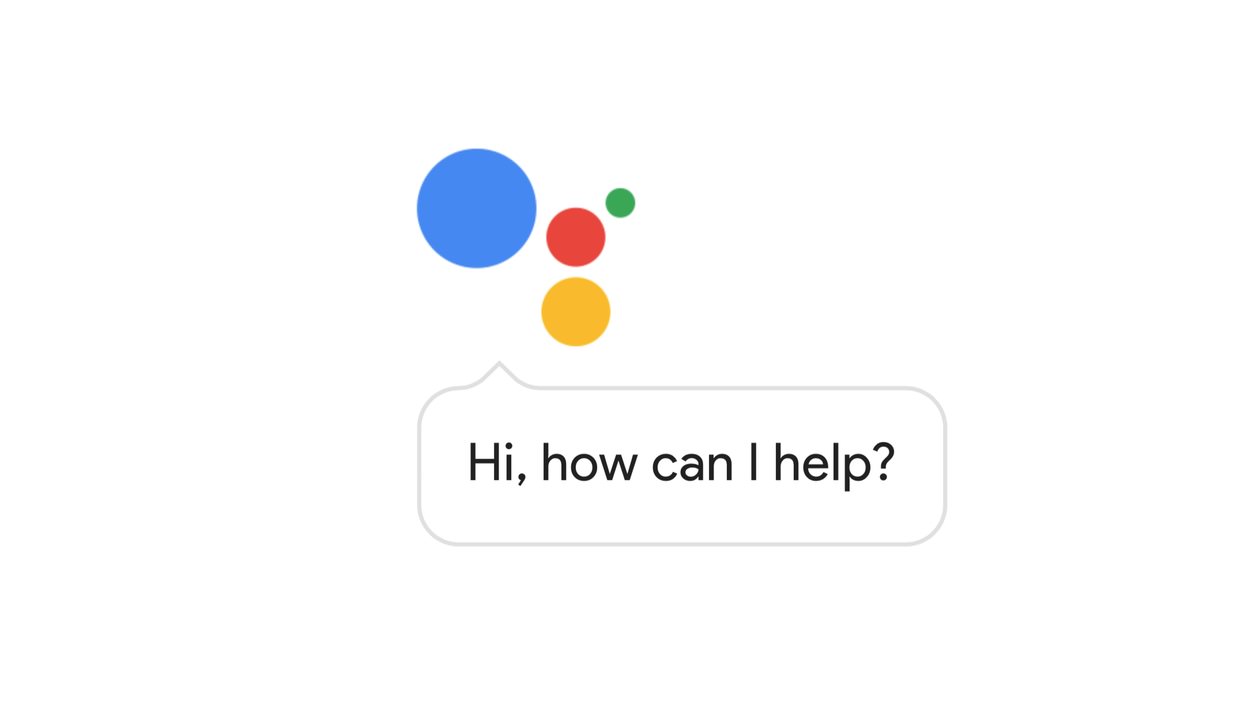„You get a Google Assistant! And you get a Google Assistant! Everybody gets a Google Assistant!“
Google Assistant war das Alleinstellungsmerkmal vom Pixel – „the first phone made by Google inside and out“. Die Exklusivität weckte (m‑)eine Hoffnung das Google erstmals ernsthaft ins Hardware-Geschäft einsteigt. Diese Hoffnung wurde enttäuscht.

Alle Nexus-Telefone zuvor waren bereits gute Geräte – keine Frage. Im großen Android-Kosmos, und speziell aus Perspektive von tatsächlich verkauften Einheiten, waren sie jedoch nur ein winziger Stern. Die Präsentation des Pixels wirkte auf mich wie das Smartphone ohne Kompromisse, für das man sogar bereit war die Zukunft der Suche nur dort anzubieten.
Anders ist es nicht nachzuvollziehen warum Google seinen smarten Assistenten für fünf Monate zurückhielt und Partner wie Samsung und Huawei damit vor den Kopf stieß. Huawei vereinbarte in der Zwischenzeit nämlich einen Deal mit Amazons Alexa; Samsung ging auf Shoppingtour und kaufte Viv Labs, das ehemalige Siri-Team.
Google Assistant profitiert natürlich davon auf möglichst vielen Androids zu laufen. Mehr Suchanfragen führen zu mehr Daten und resultieren in einer schnelleren Weiterentwicklung. Warum man sich zum Zeitpunkt des Oktober-Events nicht unmissverständlich dazu bekannt hat, bleibt unbeantwortet.
Schlussendlich ist es natürlich der absolut richtige Weg Google Assistant überall anzubieten und das Feature nicht nur auf die eigenen Telefone zu beschränken. Google verdient sein Geld schließlich nicht mit dem Verkauf von Hardware, sondern mit Werbung, die Reichweite voraussetzt. Eine Exklusivität von Google Assistant fürs Pixel würde im direkten Gegensatz zu ihrem Geschäftsmodell stehen.
Today, Google is finally lifting the arbitrary limits on the Google Assistant and bringing it to all Android phones running version 6.0 and up—about 30 percent of active devices. Soon, an update to the Google Search app—which the Assistant is a part of—should arrive and enable the new voice interface on all devices that can handle it. Google is also opening up the Google Assistant to OEMs this week, with the just-announced LG G6 being the first to ship with the Assistant.
Jetzt, wo klar ist, das rund 30-Prozent aller Android-Smartphones das Feature in den nächsten Wochen bekommen, schwindet meine Hoffnung auf eine größere Verbreitung von Google-Hardware (die der Smartphone-Branche insgesamt gut getan hätte).
Passend dazu: Das Google Chromebook Pixel ist offiziell eingestampft.
In a small meeting with journalists at the Mobile World Congress in Barcelona today, Google’s senior vice president for hardware Rick Osterloh dropped a little bit of news: It looks like the Pixel laptop — Google’s premium Chromebook and the original product bearing the Pixel name — has hit the end of the line after just two iterations.